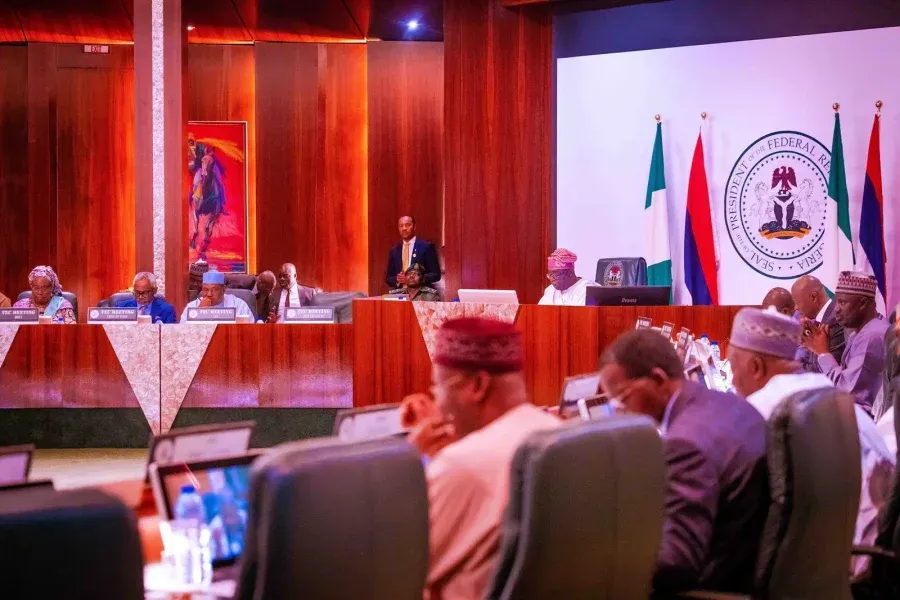In a significant move to address the escalating security challenges facing Nigeria, a bill proposing the establishment of state police has passed the second reading on the floor of the House of Representatives. Sponsored by Deputy Speaker Benjamin Kalu and 14 others, the bill seeks to amend the 1999 Constitution to grant governors the authority to appoint state commissioners of police.
Under the proposed legislation, a commissioner of police, selected from serving policemen within the state, would lead the state police force. This decentralization of policing aims to augment the efforts of the federal government in combating the rampant insecurity plaguing the nation, which includes attacks by bandits, kidnappers, and other criminal elements.
The bill, titled ‘A Bill for an Act to Alter the Constitution of the Federal Republic of Nigeria, 1999 to Provide for Establishment of State Police and Related Matters,’ places policing on the concurrent list, shifting it from its current placement on the exclusive legislative list controlled by the federal government.
During the debate on the bill’s general principles, co-sponsor Tolani Shagaya emphasized the imperative of prioritizing the security and welfare of citizens, as enshrined in the constitution. He underscored the pressing need for state police to complement federal efforts in ensuring the safety of all Nigerians.
Key provisions of the bill include the establishment of state police service commissions with distinct roles and jurisdictions, recalibration of the National Police Council, and provisions for financial support from the federal government to address potential funding challenges faced by state police.
Furthermore, the bill outlines a process for the appointment and removal of state commissioners of police, emphasizing checks and balances to prevent abuse of power. It also delineates the roles and responsibilities of federal and state police forces to ensure effective collaboration while maintaining autonomy.
While some lawmakers expressed reservations about the financial implications of establishing state police, others highlighted the necessity of empowering states to maintain law and order within their jurisdictions. Former law enforcement officials emphasized the potential benefits of state police, provided appropriate checks and balances are in place to prevent misuse of authority.
The proposed legislation, which contains 18 clauses to amend various sections of the constitution, received support from several lawmakers, with the Rivers State Government also endorsing the initiative as a means to enhance policing and improve security.





